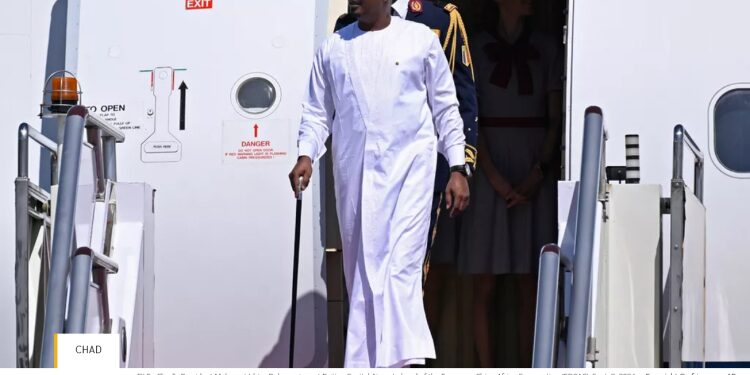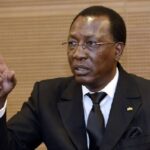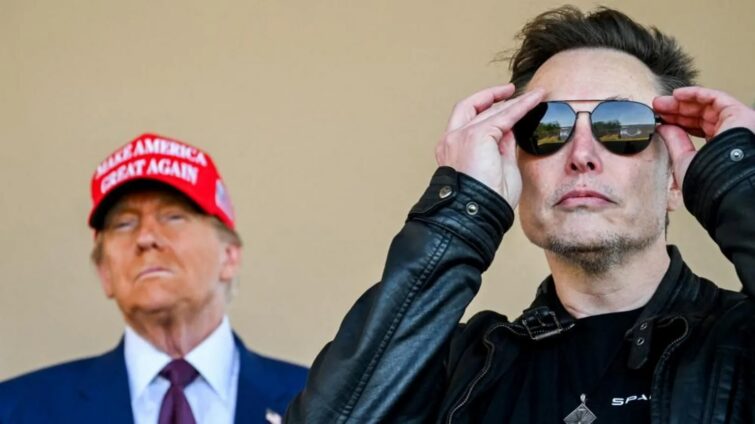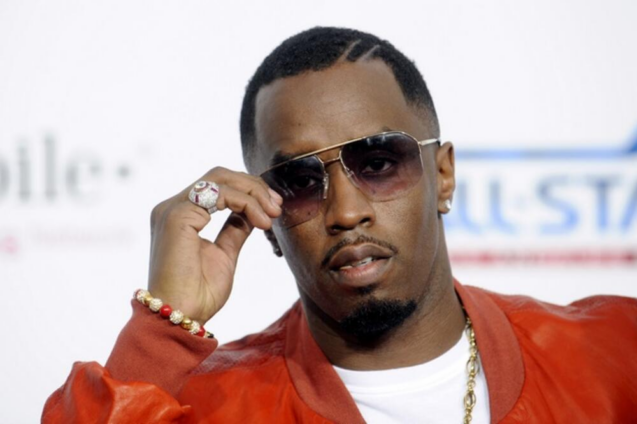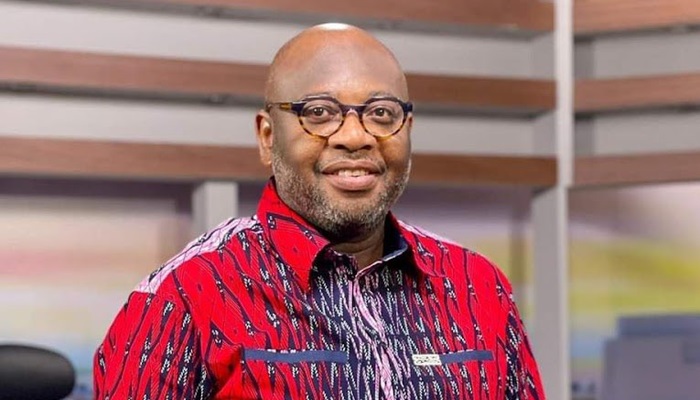Chad’s President Mahamat Idriss Deby has announced a suspension of visa issuance to U.S. citizens in direct response to the latest travel restrictions imposed by U.S. President Donald Trump.
The move, unveiled Thursday via a strongly worded Facebook post, comes just one day after Trump reinstated a controversial travel ban affecting 12 countries, including seven in Africa. Chad, which had previously been removed from the U.S. visa ban list in 2018, is once again among the nations targeted. The ban takes effect Monday at 12:01 a.m.
“Chad has no planes to offer, no billions of dollars to give but Chad has his dignity and pride,” Deby wrote, a pointed reference to a luxury jet gifted to his government by Qatar’s ruling family. He described the visa suspension as a measure taken “per the principles of reciprocity.”
Trump defended the renewed travel restrictions by accusing affected countries of “deficient” screening and failing to repatriate citizens who overstay their U.S. visas. Other nations named include Afghanistan, Iran, Myanmar, Eritrea, and Libya.
The decision has sparked swift and critical reactions across the African continent, where leaders are voicing frustration over what many see as a discriminatory policy that paints entire nations with a broad brush.
In the Republic of Congo, government spokesperson Thierry Moungalla called the move “a mistake” and suggested the inclusion of his country in the ban stemmed from a “misunderstanding” tied to an armed attack in the U.S. “Congo is not a terrorist country,” he said from Brazzaville. “We believe the diplomatic channels will clarify this matter soon.”
Meanwhile, in Sierra Leone, listed under heightened travel restrictions, Information Minister Chernor Bah struck a more conciliatory tone, stating that the country remains committed to resolving any concerns raised by the U.S. government. “We will work with U.S. authorities to ensure progress,” Bah said.
The latest iteration of the travel ban has revived sharp criticism from human rights advocates and immigration lawyers, who argue the policy disproportionately affects people from developing nations and stokes xenophobic sentiment.
For Chad, the response is as much symbolic as it is diplomatic, a signal that African nations are increasingly willing to push back when global powers impose unilateral measures.
